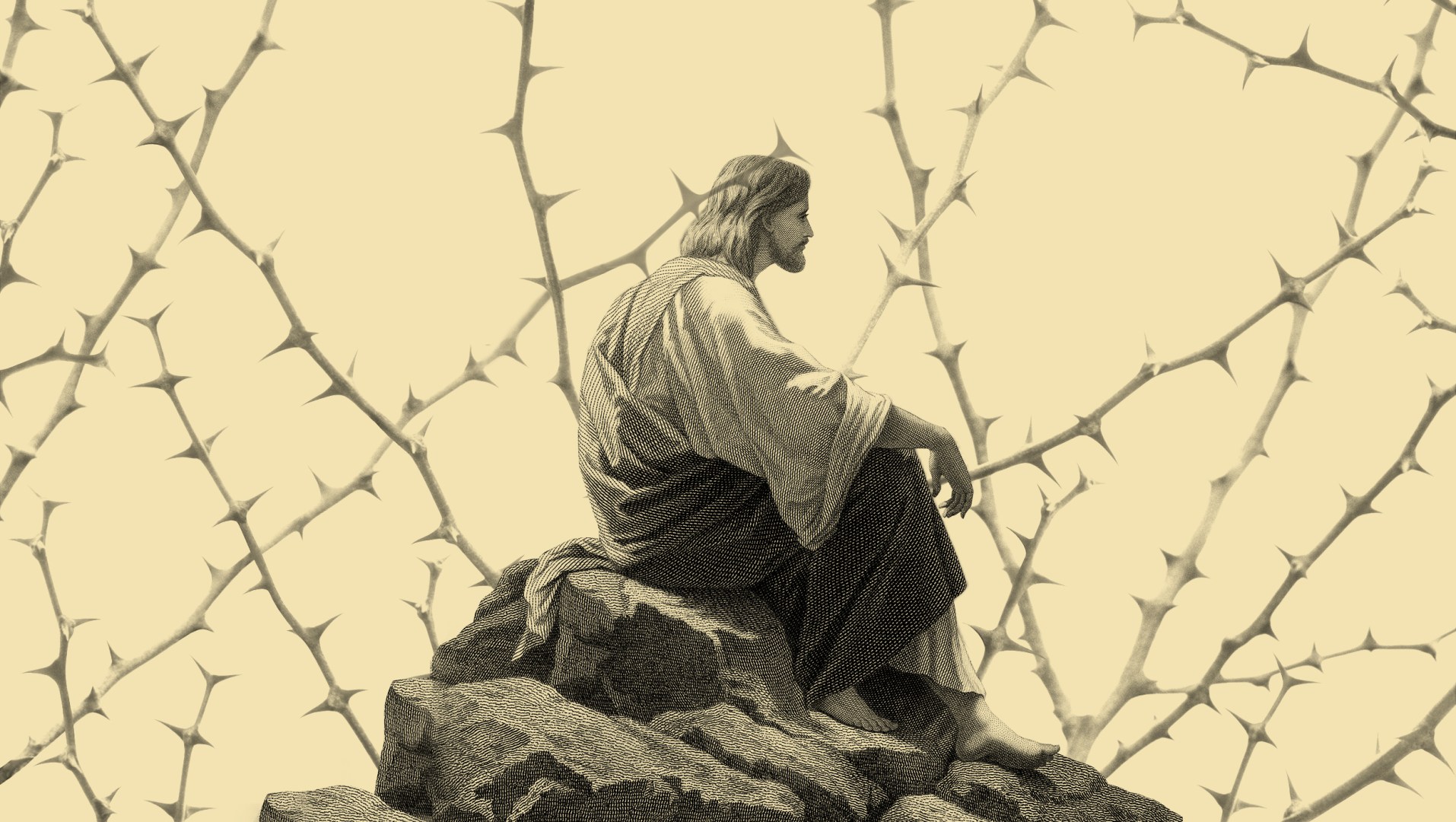One of the most remarkable things about Jesus’ suffering is his patience. He could have used miracles to make himself impervious to discomfort and to achieve instantaneous results, but he didn’t. Jesus was conceived in his mother’s womb, then waited nine months to be born. He grew up working with his father as a carpenter. He waited 30 years to begin his public ministry, withholding his identity as the Messiah until the right time.
Jesus also showed patience with suffering. Augustine argued that Jesus teaches us true patience by his willingness to suffer evil: “Properly speaking those are patient who would rather bear evils without inflicting them, than inflict them without bearing them.” Jesus was patient in suffering not to prove a philosophical point; he was patient for our sake.
This idea that suffering requires patience is difficult to hear. One of the greatest blessings of the modern world is the way that science, technology, and medicine have relieved us of much suffering, especially as compared with previous generations. But this blessing hides a danger. We have come to believe that no one should have to suffer.
There is a very Christian, humanitarian impulse in this desire to help relieve the suffering of others, but this impulse can also lead into falsehood. Compassion—literally, “suffering with”—can degrade into sentimentality, which cannot bear the thought of suffering. We suppose that the highest good is to avoid suffering.
This becomes particularly dangerous when we decide that certain kinds of life are not worth living. While this is a modern impulse, we also see it in the New Testament, in a pivotal conversation between Jesus and Peter, as the latter is grappling with the scandal of the cross. Peter gave what seems like the most natural, most humane response from a sympathetic friend: “God forbid it, Lord!” Or as Kierkegaard paraphrased it, “Spare yourself.” That’s why Jesus’ reply is so startling: “Get behind me, Satan! You are a stumbling block”—an offense—“to me” (Matt. 16:23).
Kierkegaard’s point is that what seemed like the greatest love of one friend for another was actually a temptation. Peter wanted Jesus to spare himself. That sounds like a mercy, but in view of eternity, it would’ve been disastrous. Without the cross, Christianity would not exist.
This is a danger for every Christian: to conceive of Christianity without the cross. Suffering is part of the Christian’s journey. This is why Jesus turned to his disciples and said, “If anyone would come after me, let him deny himself and take up his cross and follow me. For whoever would save his life will lose it, but whoever loses his life for my sake will find it” (v. 24–25, ESV).
There is no Christianity without the cross. Thus, there is no Christianity without suffering.
Taken from The Cross Before Me: Reimagining the Way to the Good Life by Rankin Wilbourne and Brian Gregor, ©2019. Used by permission of David C Cook. May not be further reproduced. All rights reserved.











